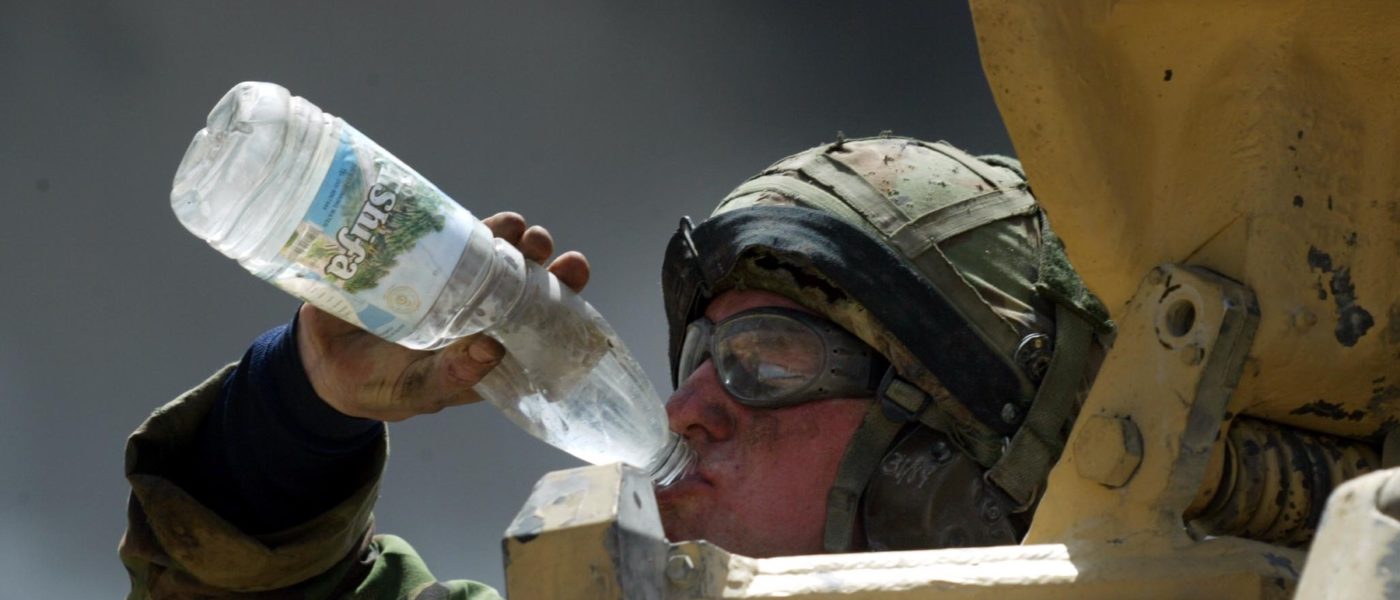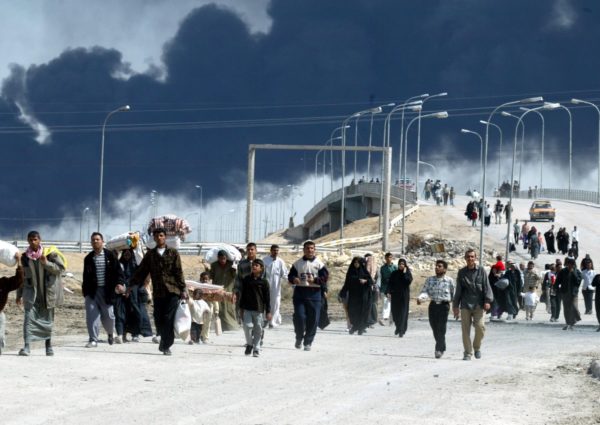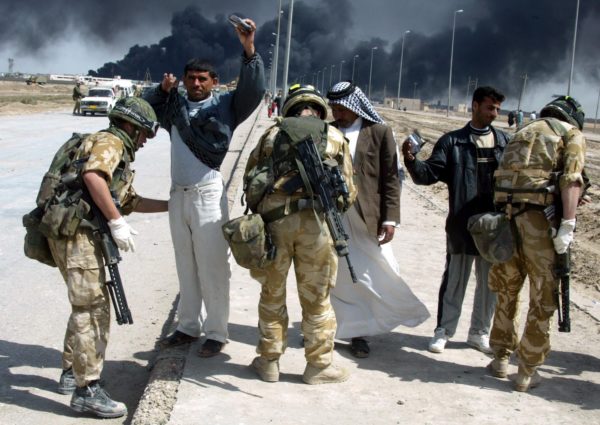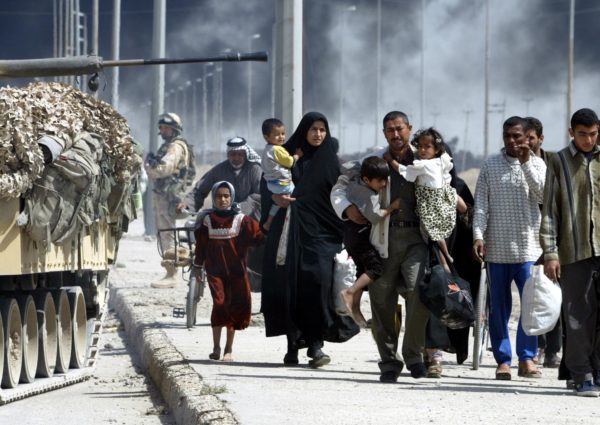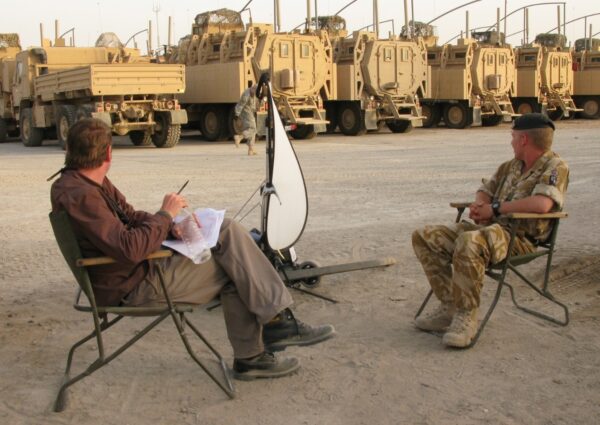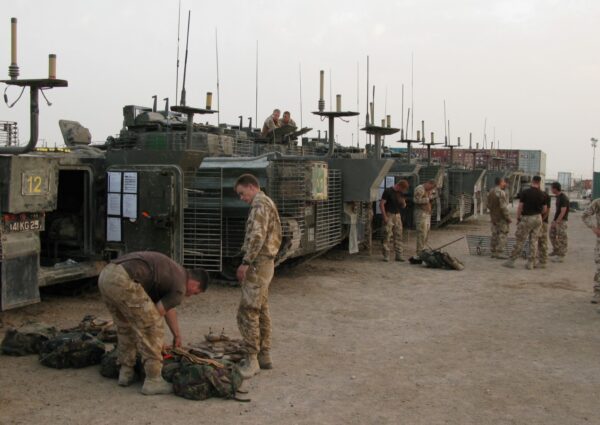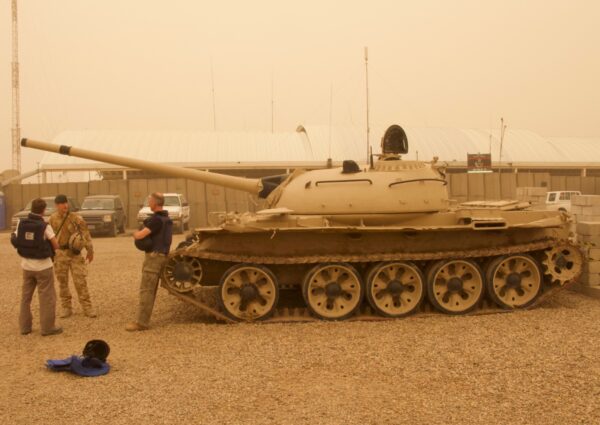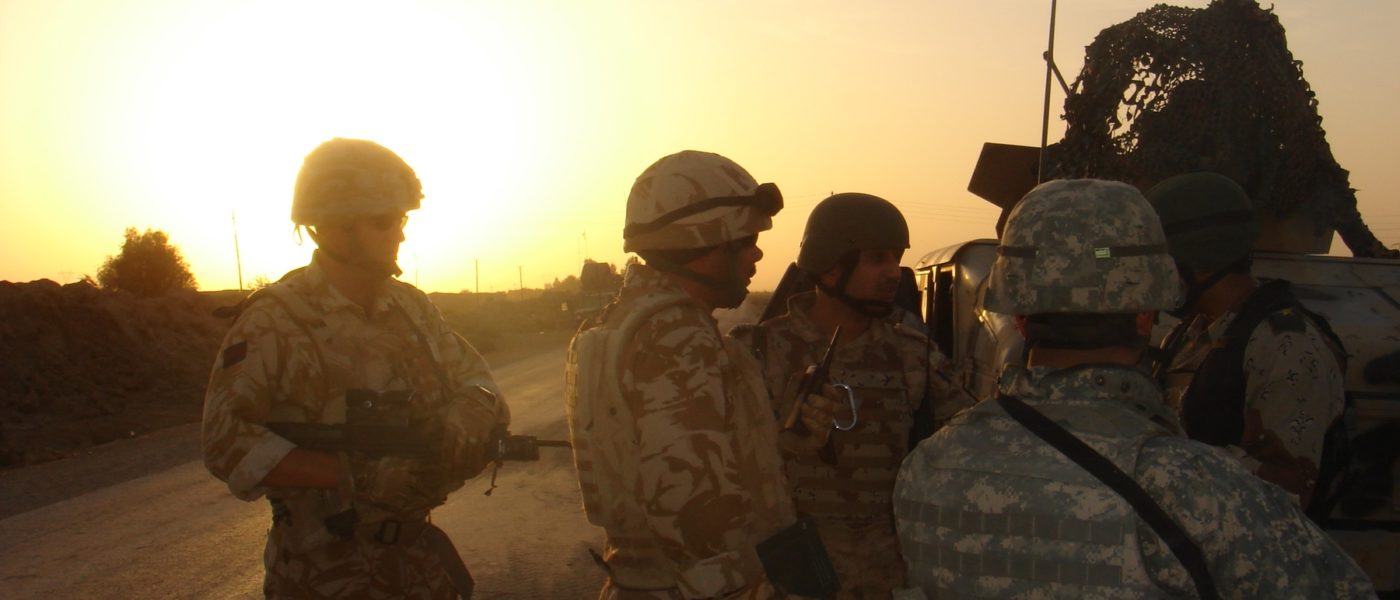Brothers in Arms
Sky One
“This was a beautifully produced, intimate history of the Iraq war.” – The Times
Reviews
It was the last five minutes of Brothers in Arms that were the hardest hitting. This was a beautifully produced, intimate history of the Iraq war, hinging on the testimonies of soldiers as they prepared to pull out of Basra this spring. Their reflections – and those of family members whose sons and husbands died or survived – combined with evocative in-combat footage to go farther than the constant stream of news reports still rumbling out of the conflict.
But right at the end they really got to the nub: was it worth it? The wife of a dead soldier cried: “it has to be”, while the dad of another dismissed the war as “Blair’s folly”. One senior officer lauded the “quite respectable” achievement of having given Iraqi’s a choice while another added doubtfully: “A lot of blood has been spilt.” “I don’t know, time will tell,” added a younger soldier.
To hear these words from men still sitting in their desert khakis was undoubtedly more powerful than it could be if expressed by any number of Newsnight talking heads.
Films about Brits in Iraq are invariably skewed: questioning soldiers’ heroism is unthinkable, as is mentioning the Iraqi death toll. But that’s offset here by an unflinching look at the maelstrom the 5 Rifles battalion faced for six years in Basra. The young troops relate how they strove to carry our their orders as shock and disillusion set in, discussing the lives lost, the ferocity of the locals’ resistance and the inadequacy of Army equipment. Raw mobile-phone footage of firefights gives us some frightening glimpses of the horror.
At home, the relatives of those who never came back ask the question: was it worth it? A general is on hand to assure us it was; the men who gave their sweat and blood insist it was; a war widow desperately hopes it was. This inquisitive, thorough programme might make you reluctantly disagree.
As British troops pulled out of Basra earlier this year, the question, “Was it worth it?” was still impossible to answer. We’ll never know, for instance, what the outcome would have been if 45,000 British troops hadn’t poured into Iraq back in March 2003. This exhaustive and emotional documentary lets the soldiers who were there on the ground have their say.
Fifth Battalion, The Rifles, took part in the 2003 invasion and were there at the end in May 2009 – the only infantry battalion to have completed four tours of duty in Iraq during those six years. Filmed through an almost constant haze of heat and dust, five Rifles speak frankly of the terror involved in simply doing what you’re told – no questions asked, of the violent resistance they met from the Iraqis and of the lack of protection offered by their kit – including the still controversial Snatch Land Rovers.
The lads who fought are justifiably proud of what they achieved despite horrendous odds but, back home, a soldier who lost a leg wonders why he still hasn’t received any compensation. A wife mourns the father of her two children who will never come home. And a mother sits silently dabbing her eyes as her husband insists that his son – one of the 179 British soldiers killed – died needlessly for Blair’s lies.
An often candid insight into the British military operations in Basra during the withdrawal from the region earlier this year. Observational filming, archive footage and one-to-one interviews show how the process was handled and, more interestingly, give a picture of what the servicemen think about what they achieved. The film goes on to ask the soldiers how they felt they were received in Iraq and what they think of their treatment back home.
Forty-five thousand British troops invaded Iraq in 2003 and now the last of the soldiers has left. This 90-minute documentary tells their story in the words of the soldiers and their families at home. The 5th Battalion The Rifles (5 Rifles) describe how they were first welcomed into Basra as liberators, how that welcome degenerated into violent confrontation and what it felt like to live in constant danger and feel that you’re not getting sufficient support from the MoD or sections of the British public. “You realise,” says Lane Corporal Matt Faulkes-Williams, “how fragile you actually are. The smallest thing – like a bullet – what it f***ing does to a person. It f***ing rips them apart.” And it ends by asking the soldiers the question that most people would struggle to answer: was it worth it?

